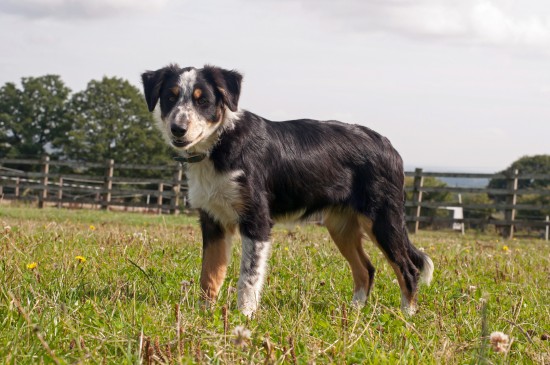
For many people, constant relocation is a part of life. As a young child, you may have experienced moving from place to place as your parents seek the most ideal work environment or living situation for the family. As you grew older, you may have discovered that you will have to make those same decisions yourself, such as moving out of the family home to attend college, accepting a job in a different state for its attractive benefits, or settling into life in another country to be with the person you wish to build a family with.
During all the previous moves, you may have failed to do one thing: take your pet with you. There are several reasons why you could have been forced to leave your beloved furry or feathered friend behind; the apartment you're moving into may not allow pets, a significant other might be allergic to fur, or your work schedule might have left you with little free time to properly look after your little friend. Today, however, as you receive news that your employers are encouraging you to take up a position in their offices in different country -- you wonder whether the lovable adult dog you've nurtured and played with since he was a puppy will suffer the same fate as well. There's no need to worry, however; pets can be safely and successfully brought into other countries thanks to organisations that facilitate top quality pet relocation. Some countries, however, have few rules that you would need to follow to ensure that your pet's journey is safe, uninterrupted, and expertly handled.
Generally, some countries donot allow the import of dogs, cats or rabbits that are underage (under four months). Only a pet that has reached the age of four months can be issued with an import permit, provided that its rabies vaccination is at least 21 days old. All pets must also arrive in such countires as manifested cargo and not as accompanied baggage.
It is also important to note the restrictions on the import of certain dog breeds. The Pit Bull Terrier, Argentinean Mastiff/Dogo Argentino, Fila Brasilerio/Brazilian Mastiff, Japanese Tosa Inu, American Staffordshire Terrier, and Wolf/Dog Hybrids/Crossbreeds (along with any crossbreeds of any of these dogs) are prohibited from entering certain countries.
In addition to these, different countries have its own set of rules regarding pet relocation. They usually require all dogs, irrespective of breed, to be registered with the Veterinary Services and be walked on a leash when in public places. On top of these, they also has a list of breeds that are expected to wear a basket-type muzzle in public areas and must be kept in a villa or a farm (definitely not in an apartment).
The dogs on the list are the American Bull Dog, American Pit Bull Terrier, American Staffordshire Terrier, Argentinean Mastiff, Bull Terrier, Canary Dog Fila, Doberman, Husky, Miniature Bull Terrier, Neapolitan Mastiff, Olde English Bull Dogs, Perro De Presa Mallorquin/Bull Dog, Rottweiler, Shar Pei, Staffordshire Bull Terrier, and Tosa.
Of course, many airlines flying into different countries will also have their own regulations regarding the import of pets, so it is essential to go over these restrictions carefully with your exporting agent to determine the right airline and routes to utilise for your pet's travels.
Leaving your pet behind when you move to a different countrie doesnt have to be an option, but you do have to see to it that you are fully aware of your destination's guidelines and regulations in terms of relocating your pet. Go over the details, hire a top-notch pet relocation service provider to help you make the best arrangements, and get ready for a new life in a new location with your furry friend right by your side.
You can always get the help of professional pet movers to have a safer and hassle-free relocation. Ensure your pet's travel with their help. You can learn more here.
 Nova Scotia Duck Tolling Retriever Hereditary Health And Health Testing
Nova Scotia Duck
Nova Scotia Duck Tolling Retriever Hereditary Health And Health Testing
Nova Scotia Duck
 Keeping Herding Dogs Happy
Keeping Herding D
Keeping Herding Dogs Happy
Keeping Herding D
 Labradoodle Genetic Diversity And Hereditary Health
Labradoodle Genet
Labradoodle Genetic Diversity And Hereditary Health
Labradoodle Genet
 Frontline plus is highly recommended to kill ticks parasites
Kill ticks this summer by using flea and tick control medici
Frontline plus is highly recommended to kill ticks parasites
Kill ticks this summer by using flea and tick control medici
 My Two Cats Skiibowski And Milky I Adopted And How They Differ From One Another Like Day And Night
I know! I know! Everyone writes something about their pe
My Two Cats Skiibowski And Milky I Adopted And How They Differ From One Another Like Day And Night
I know! I know! Everyone writes something about their pe
Copyright © 2005-2016 Pet Information All Rights Reserved
Contact us: www162date@outlook.com